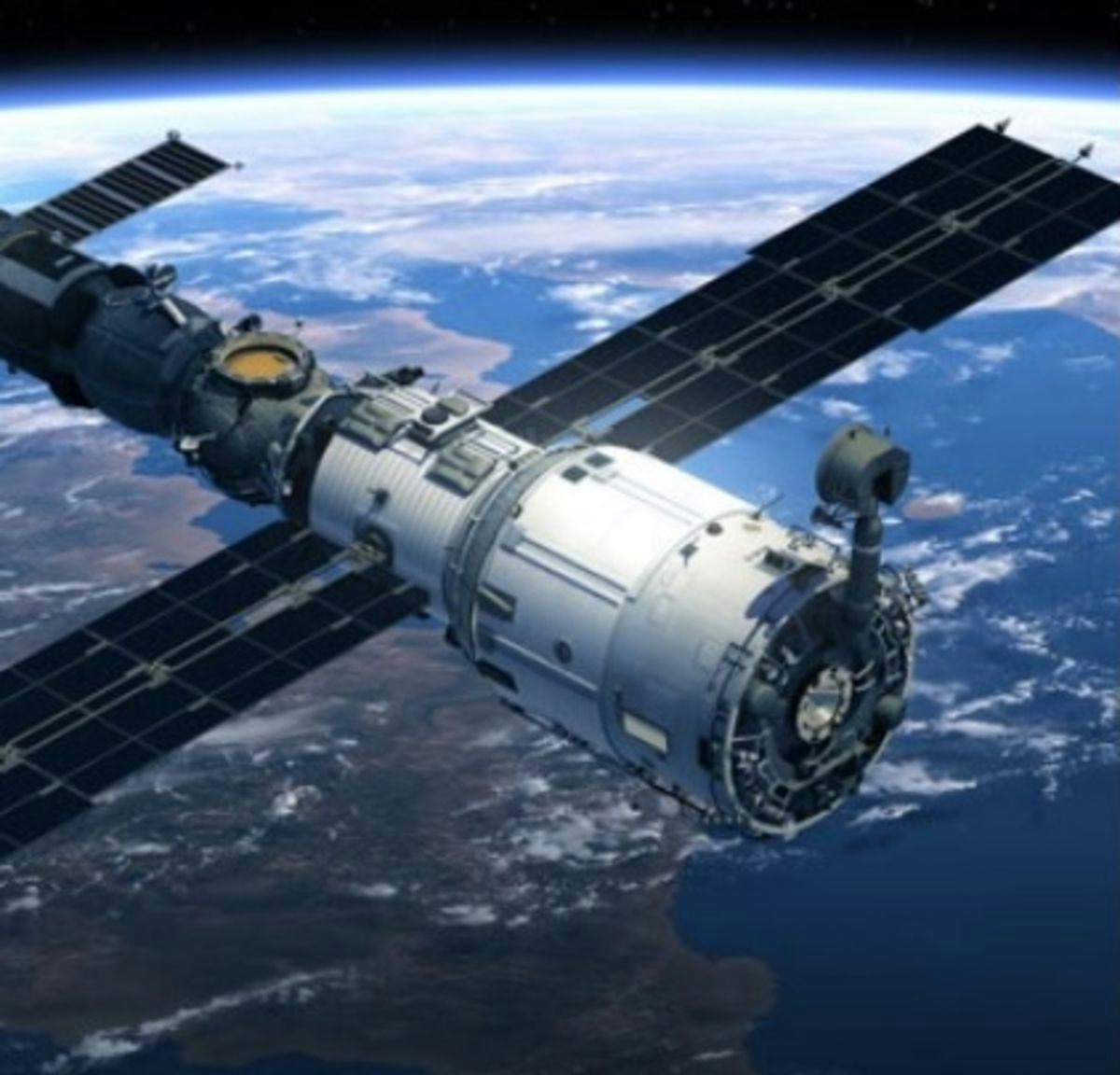From Hoboken to Luxembourg: Alumnus Recalls Valuable Guidance He Received at Stevens
Ian Tyger ’16: “I genuinely came to appreciate the Stevens community as a collection of amazing, caring people.”
Every college student hopes to decide on a career sooner rather than later while still in school. For Stevens Institute of Technology alumnus Ian Tyger ‘16, his path cleared up just in time for graduation.
“I chose Stevens to play volleyball at a high level, experience the diverse offerings of engineering and business courses, and establish my career, but I wasn’t sure where I wanted to go or what I wanted to do until close to my graduation date,” says Tyger, who received his master’s degree in Systems Engineering, bachelor’s degree in Engineering Management and multiple graduate certificates from Stevens.
At Stevens, everything is close to the Hoboken, N.J. campus — all the job opportunities and the technology companies across the Hudson River in New York City. Yet, Tyger finds himself in Luxembourg.
As an associate program member for SES, the world’s leading satellite operator, he got the opportunity to move to Luxembourg as part of a two-year program to gain valuable international exposure. He has taken advantage of the opportunity to work across different domains and learn about the different facets of his employer’s global operations – with particular focus on space.
“The space industry, and more specifically the satellite industry, presents amazingly complex and interdependent problems that help to support the digital world that we live in,” explains Tyger. “Satellites are an essential component of our global infrastructure, and have the potential to promote one of the most essential factors in humanity – communication.”
As a graduate from the Stevens School of Systems and Enterprises (SSE), Tyger was exposed to a curriculum that emphasizes development of solutions to complex socio-technical problems of national and international significance.
The world is a better place in a future where society can better harness space and today’s related technologies, according to Tyger. “And I’ve found that my master’s degree in systems engineering has proved to be an invaluable asset in the space industry,” he says.
Real-world experiences at the core of a Stevens education
Just last year, Tyger and his fellow team members presented their Senior Design Project at the 2016 Innovation Expo. They received the John Mihalasky Award, which is given in memory of Dr. John Mihalasky, the long-time director of the Bachelor of Engineering in Engineering Management Program (BEEM) at Stevens.
“The award was a great honor,” Tyger says. “It provided credibility to our team, not only as recent graduates, but as individuals in our work habits and ability to form strong interpersonal relationships in a professional setting.”
“Ian was a smart student, a go-getter, always doing, participative, and great all around guy,” recalls Dr. Kathryn Abel, director of the Undergraduate Engineering Management Program at SSE. She presented the team with the award shortly after the 2016 Innovation Expo. “It’s good to see that he’s taken his Stevens experiences with him to make an impact.”
Every year, Stevens students present their Senior Design Projects, the capstone of the Stevens undergraduate experience, at the Innovation Expo. This year’s senior design projects from SSE students on display at the 2017 Innovation Expo include: a workflow improvement model for a popular child development institute at a NJ hospital; and a solution to streamline waste management, inventory control and movement of raw materials for a leading cosmetic company.
Life perspectives, choosing a career path
Stevens engineering management graduates post 100% placement 6 months after graduation, according to the Stevens 2016 career outcomes report. They either secured jobs in their fields of interest, been accepted to graduate school, or returned to their home countries to apply their skills internationally.
Like many other engineering management graduates, Tyger is employed in his chosen career, but his career path was not always clear. As an undergraduate student at SSE, he had to make tough choices, like resigning from the Stevens Men’s Volleyball team to focus more on his studies.
“They were many people who guided me throughout crucial periods and taught me about life in my education at Stevens,” he says, recognizing SSE faculty including Dr. Kathryn Abel, Eirik Hole, Dr. Theresa Zigh, Dr. Carlo Lipizzi, and Dr. Babak Heydari. Stevens men’s volleyball coach Patrick Dorywalski provided valuable insights on life, according to Tyger.
He asserts that the list of people who provided him with valuable perspectives during his studies is extensive. “I would like to show my gratitude for many others, but I genuinely came to appreciate the Stevens community as a collection of amazing, caring people,” he says.
As he neared graduation ceremonies, he eventually decided that he wanted to be in the satellite and space industry because it represented the greatest diversity in opportunities for the future.
Today, Tyger is clear-minded in his aspiration to make a difference in the satellite industry, and more broadly, space.
As for high school and college students weighing their options and still undecided on a career path, Tyger offers the following advice: “Don’t let uncertainty prevent you from doing what you feel is right. Understand yourself, and how to balance the different forces and values that drive you to succeed. And dream big, cherish diversity, and overcome adversity!”



